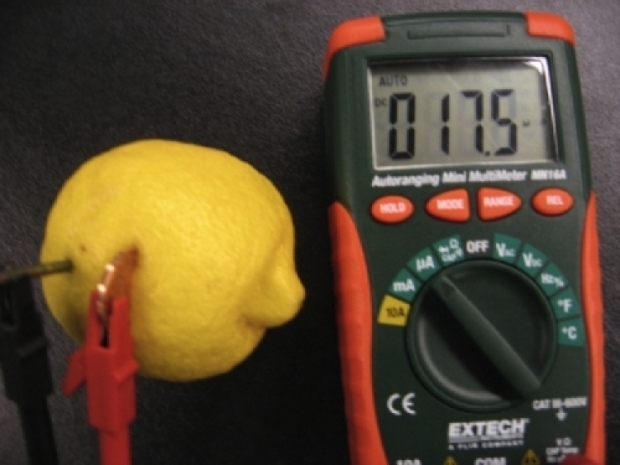Solid-state batteries are supposed to be better than lithium-ion packs, and use both solid electrodes and solid electrolytes instead of the liquid or gel-like electrolyte found in lithium-ions. What has let the side down for solid state batteries is that repeated charging can cause irreversible damage.
However, using boffin's new method a 300mAh battery outfitted with the new positive electrode material experienced zero degradation over hundreds of recharge cycles.
Neeraj Sharma, an associate professor from UNSW, said the absence of capacity fading over 400 cycles clearly indicated superior performance of the material compared to those used in conventional all-solid-state cells with layered materials.
The finding also has the potential to drastically reduce the overall cost of batteries, Sharma added, which could be a key cog in the development of advanced electric vehicles.
BMW engineer Simon Erhards, believe lithium-ion batteries have reached their maximum potential and that solid-state batteries will eventually take over as the industry standard. And it's not just EVs that could benefit from the absence of capacity fade.
The team's paper on the subject, titled "A near dimensionally invariable high-capacity positive electrode material," has been published in the scientific journal Nature Materials.
The researchers hope that further refining the electrode material will lead to a commercial product that can best current tech in several other categories as well. With any luck, we'll eventually see the tech make it out of the lab and into the real world. Far too often, battery breakthroughs fail to make it to the finish line.




